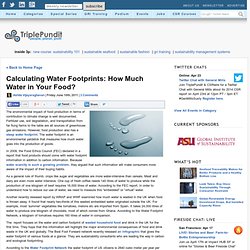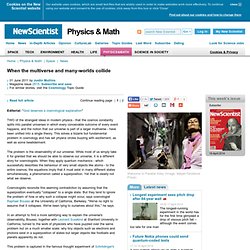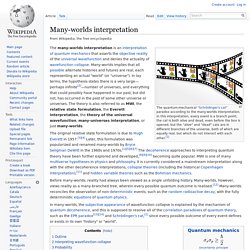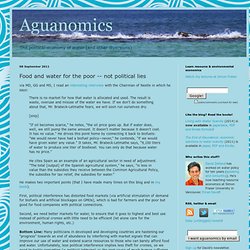

Liquid of Life: Stats on How We Use Water (Infographic) Calculating Water Footprints: How Much Water in Your Food? The environmental impact of food production in terms of contribution to climate change is well documented.

Fertilizer use, soil degradation, and transportation from far flung farms to the table are all sources of greenhouse gas emissions. However, food production also has a steep water footprint. The water footprint is an environmental yardstick that measures how much water goes into the production of goods. In 2009, the Food Ethics Council (FEC) declared in a report that food products should come with water footprint information in addition to carbon information. Because water scarcity is such a growing problem, they argued that such information will make consumers more aware of the impact of their buying habits. As a general rule of thumb, crops like sugar and vegetables are more water-intensive than cereals. Another recently released report by WRAP and WWF examined how much water is wasted in the UK when food is thrown away.
Scroll down to see comments. When the multiverse and many-worlds collide - physics-math - 01 June 2011. Read full article Continue reading page |1|2 Editorial: "God deserves a cosmological explanation" TWO of the strangest ideas in modern physics - that the cosmos constantly splits into parallel universes in which every conceivable outcome of every event happens, and the notion that our universe is part of a larger multiverse - have been unified into a single theory.

This solves a bizarre but fundamental problem in cosmology and has set physics circles buzzing with excitement, as well as some bewilderment. The problem is the observability of our universe. Cosmologists reconcile this seeming contradiction by assuming that the superposition eventually "collapses" to a single state. This problem is captured in the famous thought experiment of Schrödinger's cat. Physicists call this process "decoherence". In the case of something as large as a cat, that may be possible in Schrödinger's theoretical sealed box. New Scientist Not just a website! More From New Scientist More from the web. Many-worlds interpretation. The quantum-mechanical "Schrödinger's cat" paradox according to the many-worlds interpretation.

In this interpretation, every event is a branch point; the cat is both alive and dead, even before the box is opened, but the "alive" and "dead" cats are in different branches of the universe, both of which are equally real, but which do not interact with each other.[1] The many-worlds interpretation is an interpretation of quantum mechanics that asserts the objective reality of the universal wavefunction and denies the actuality of wavefunction collapse. Many-worlds implies that all possible alternate histories and futures are real, each representing an actual "world" (or "universe"). In lay terms, the hypothesis states there is a very large—perhaps infinite[2]—number of universes, and everything that could possibly have happened in our past, but did not, has occurred in the past of some other universe or universes. Outline[edit] Interpreting wavefunction collapse[edit] Probability[edit] where.
Plan for China’s Water Crisis Spurs Concern. Food and water for the poor. Via MD, GG and MS, I read an interesting interview with the Chairman of Nestle in which he says: There is no market for how that water is allocated and used.

The result is waste, overuse and misuse of the water we have. If we don't do something about that, Mr. Brabeck-Letmathe fears, we will soon run ourselves dry. [snip]"If oil becomes scarce," he notes, "the oil price goes up. He makes two important points (that I have made many times on this blog and in my book).
First, political interference has distorted food markets (via artificial stimulation of demand for biofuels and artificial blockages on GMOs), which is bad for farmers and the poor but good for food companies with political connections. Second, we need better markets for water, to ensure that it goes to highest and best use instead of political cronies with little need to be efficient (let alone care for the environment, human rights, etc.)